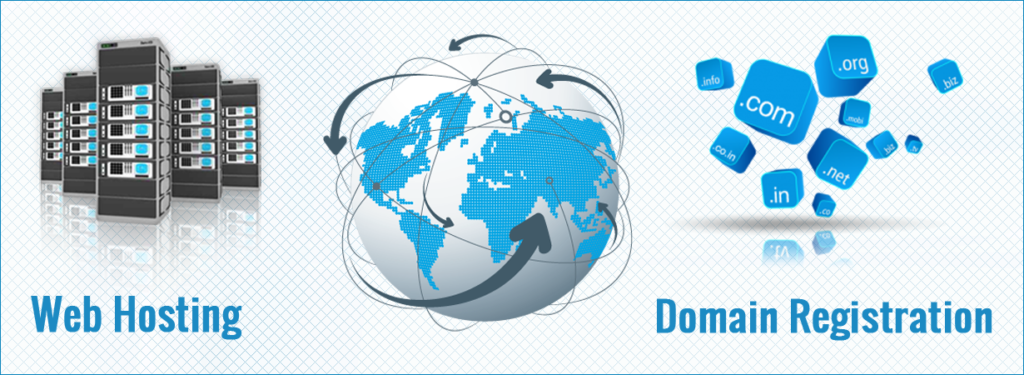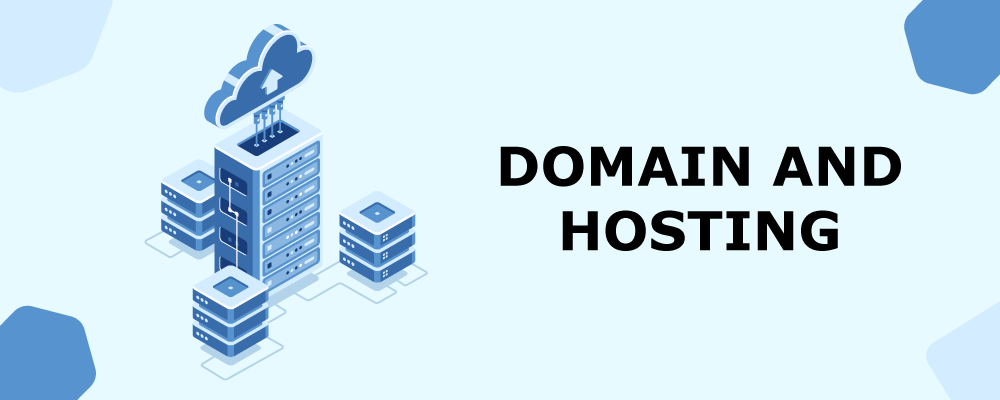Demystifying Domains and Hosting: Building Your Digital Presence



In the vast landscape of the internet, where billions of websites vie for attention, establishing a unique and reliable online presence is paramount. At the heart of this endeavor lie two fundamental elements: domains and hosting. Whether you’re a budding entrepreneur, a seasoned blogger, or a multinational corporation, understanding the nuances of domains and hosting is essential for carving out your space in the digital realm.
What are Domains?
Imagine the internet as a vast city, with each website akin to a building. Just as every building has its address, every website has its unique identifier known as a domain. A domain serves as the virtual address through which users access your website. It typically consists of two parts: the domain name (such as “example”) and the domain extension (such as “.com” or “.org”). Together, they form a memorable and recognizable web address, facilitating easy navigation and brand recognition.
Choosing the right domain name is akin to selecting the perfect storefront for your business. It should reflect your brand identity, be easy to remember, and preferably align with your business niche. While .com domains remain the gold standard, there’s a plethora of domain extensions available today, catering to specific industries or regions. Whether you opt for a classic .com or get creative with niche extensions like .tech or .store, the key is to find a domain that resonates with your audience and enhances your online visibility.
Understanding Hosting
Now that you have your virtual address sorted, it’s time to find a place to host your website. Hosting, in simple terms, refers to the service that stores your website’s files and makes them accessible to visitors on the Internet. Think of it as renting space on a server – a powerful computer that stores and serves your website’s content to users around the globe.
There are various types of hosting solutions available, each catering to different needs and budgets. Shared hosting, for instance, is like renting an apartment in a building – you share resources with other websites on the same server, making it a cost-effective option for small-scale websites. On the other hand, dedicated hosting provides you with an entire server solely dedicated to your website, offering unparalleled performance and control, albeit at a higher price point.
The Importance of Reliable Hosting
While choosing the right domain is crucial, investing in reliable hosting is equally essential. After all, what good is a stunning website if it’s plagued by downtime or sluggish performance? Your hosting provider plays a pivotal role in ensuring your website remains accessible, secure, and responsive to user requests.
From seamless scalability to robust security features, a reputable hosting provider offers a myriad of benefits that contribute to your website’s success. With an array of hosting options available – including shared hosting, VPS hosting, cloud hosting, and dedicated servers – you can tailor your hosting solution to suit your specific requirements and budget constraints.
In today’s digital age, where an online presence is synonymous with credibility and reach, understanding the intricacies of domains and hosting is essential for individuals and businesses alike. Your domain serves as your digital address while hosting provides the infrastructure necessary to bring your website to life.
Whether you’re launching a personal blog, an e-commerce store, or a corporate website, choosing the right domain and hosting provider sets the foundation for your online success. By investing in reliable hosting and selecting a domain that resonates with your audience, you pave the way for a seamless and memorable online experience – one that leaves a lasting impression on visitors and drives your digital endeavors forward.
